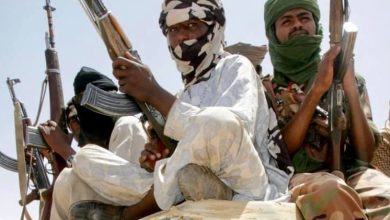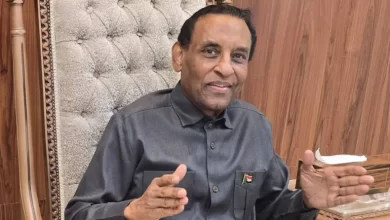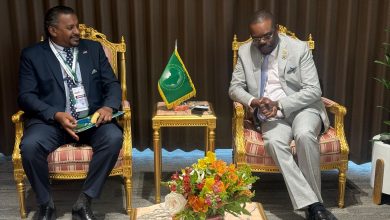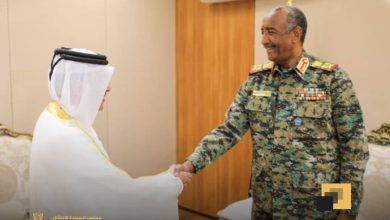(48) Parties Sign Sudanese National Project Charter
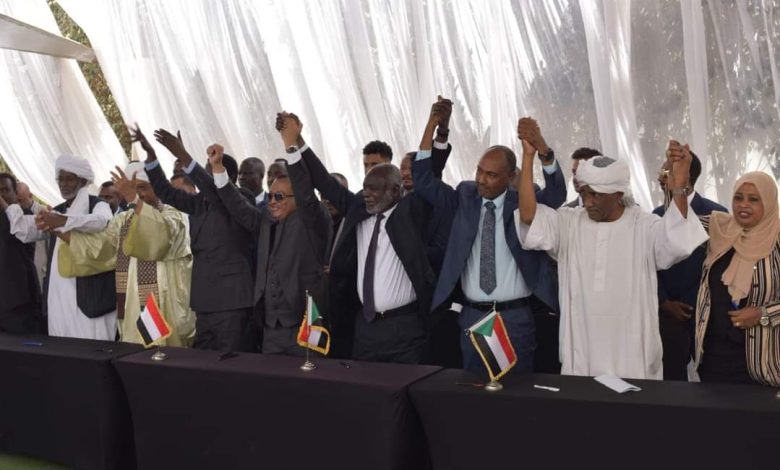
Sudan Events – Follow-ups
On Wednesday, more than 48 political parties and blocs in Cairo, most notably the Democratic Bloc, the National Movement, the National Accord, and the Reform Now Movement, signed the Sudanese National Project Charter (Sudan Charter).
The charter included an emphasis on a transitional period by forming a Council of Ministers of those known for their integrity, forming a committee of wise men to nominate a prime minister after the establishment of the Sudanese-Sudanese Dialogue Conference, addressing the imbalances of the war, and confiscating the companies of the rebel Rapid Support militia and annexing them to the Ministry of Finance.
The Sudan Charter forces also agreed to continue the Jeddah negotiations to stop the war, deliver humanitarian aid, and agree on fair representation for all Sudanese through a national project upon which all national forces unite, while establishing federal rule, strengthening social peace in Darfur, forming commissions, and involving youth in building the nation and achieving comprehensive peace.
The charter called for consensus to resolve the crisis through a comprehensive Sudanese-Sudanese dialogue, and called for consensus to complete governance structures in the transitional period while approving the principle of accountability in accordance with the principles of traditional justice and transitional justice through accountability, and non-impunity. The charter emphasized the prosecution and trial of those involved in igniting and supporting the 15 April war inside and outside Sudan.
As for the economy, the charter called for the adoption of a program to rebuild what was destroyed by the war, address structural imbalances in the economy, and normalize relations with regional and international financial institutions.
It stressed the importance of reforming, developing and modernizing the armed forces and security services, to build a unified professional national army, in addition to the importance of the political forces agreeing on a comprehensive reform process for the state and society through a Sudanese-Sudanese dialogue, noting that the Sudanese-Sudanese dialogue determines the duration of the transitional period.
It called for the necessity of agreeing on the foundations and pillars of the national project, which forms the basis of the constitution and the state of citizenship, while emphasizing the importance of agreeing on an agreed-upon national code of honor that includes national constants, commitment to democratic civil rule, transparency, and accountability.
Regarding foreign relations, the charter called for adopting a foreign policy that achieves a balance between the supreme national interest in a way that enhances common interests and rejecting and opposing all forms of negative foreign interference in the country’s internal affairs.
It ensured the organization of workshops for civil society organizations, youth and women’s issues, displaced and refugee issues, building a democratic society, and transitional justice, and adopted a new basic system and structure to keep pace with the challenges of the stage and accommodate national and societal forces.
